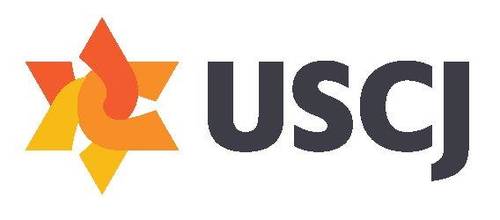What’s in a name?
With the ending of the Tishrei holiday season we begin once again the Genesis narrative. We learn about the creation of the world; meet our patriarchs, Abraham, Isaac, and Jacob, and matriarchs, Sarah, Rebecca, Rachel, and Leah; and learn about our special covenant with God and the Land of Israel. In the very beginning we learn the power of a name. In Genesis 2:1920, God gives the responsibility to Adam, the first human being, to name the animals. It is written: “(19) And the Lord God formed out of the earth all the wild beasts and all the birds of the sky and brought them to the man to see what he would call them; and whatever the man called each living creature, that would be its name. (20) And the man gave names to all the cattle and to the birds of the sky and to all the wild beasts….” How did Adam decide that a dog is a dog, a cat is a cat, etc.? What is the lesson we can learn from God giving Adam this honor? By naming someone, we are ultimately responsible for and attached to the namee. Adam, by conferring names on all the creatures, becomes the caretaker of the animals, providing what is needed for them to thrive and grow. A relationship is formed. It has been a joy in my time at CAI to occasionally provide The New Name Dictionary: Modern English and Hebrew Names, the famous book written by Alfred J. Kolatch, to new or soontobe parents seeking a Jewish name for their baby. A magical parenting moment occurs when a name is decided. There are several ways to bestow a name: The custom of some Sephardi Jews is to name a newborn after a living family member, while for most Ashkenazi Jews, names conferred are of deceased loved ones. A highlight for me at any babynaming ceremony — whether a bris or a simchat bat—is to discover how the parents decided on the name. What are the qualities of the person whom they have chosen as a namesake? Or how does the chosen name reflect the attributes they hope their child will have? And what about us? Do we see reflected in our own names and namesakes the expectations our parents had for us? Have we fulfilled those expectations? There is a meaningful formula to formally presenting our Jewish names: given name followed by daughter/son of our parents. I am Sarah Eta, daughter of Devorah Rachel and Joseph HaCohen. Our Hebrew names include the sacred relationships of our parents and through them all of our ancestors. Our parents name us, forming the relationship, and we continue the bond throughout life, carrying remembrances of our namesake in our names. It is a powerful and forever intertwining. Do you know the story of your name? Do your children? During this month, with Genesis, the first book of the Torah, share the story of your name with others and celebrate the sacred relationship it represents. B’Shalom, Sarah Eta, daughter of Devorah Rachel and Joseph HaCohen, known as Susan Werk, Educational Director

